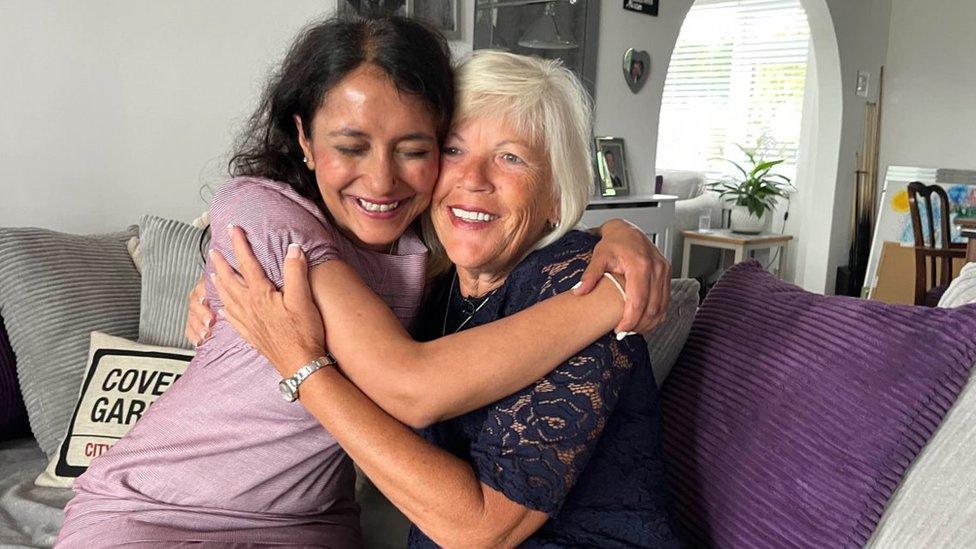Inquiry told of 'toxic culture' in mental health
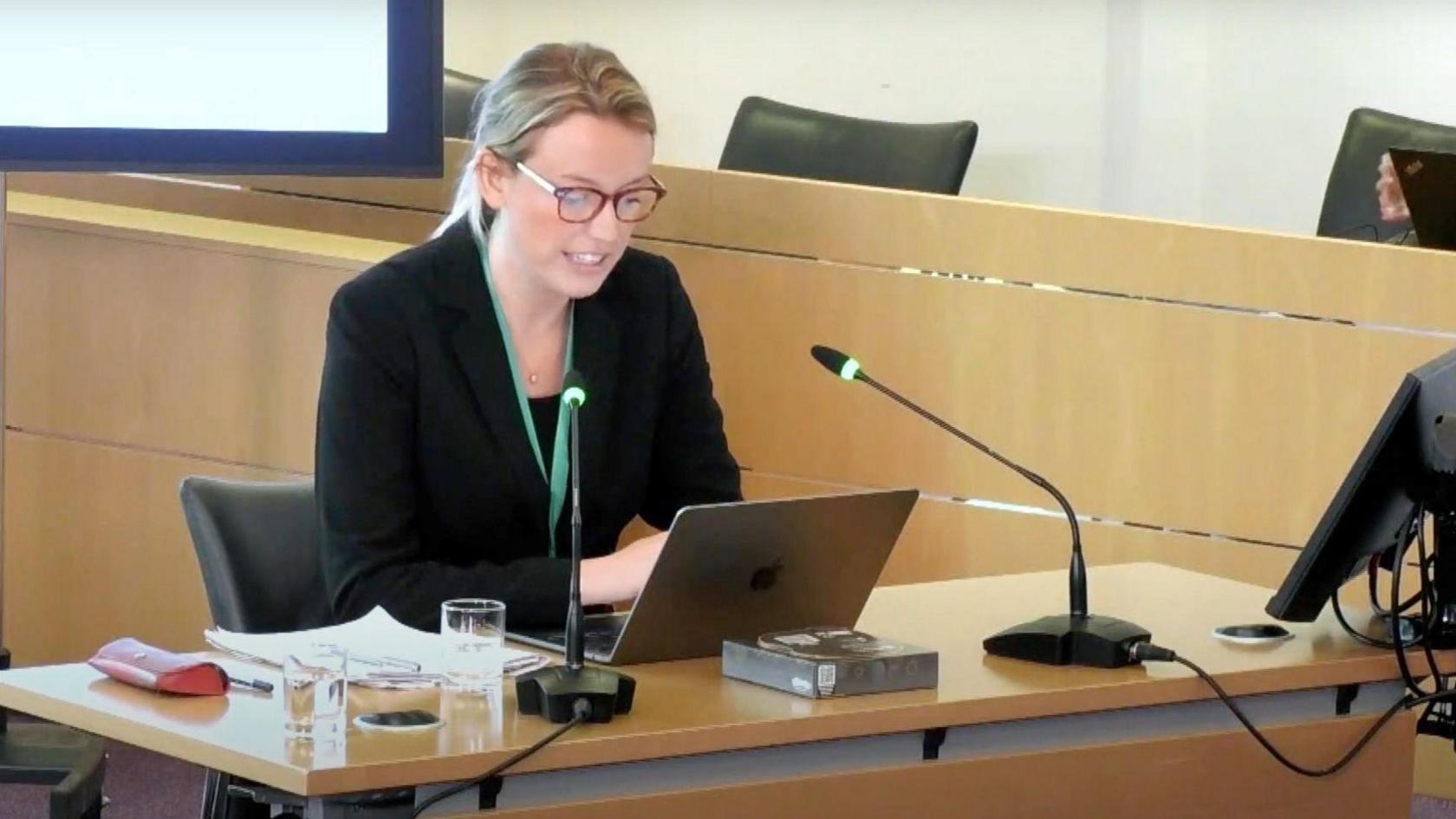
Lily Lewis spoke at the Lampard Inquiry on behalf of the charity Inquest
- Published
A charity representing bereaved families has told an inquiry of "abject failures" by the Essex trust which provides mental health services in the county.
The Lampard Inquiry is looking into more than 2,000 mental health-related deaths which occurred in Essex between 2000 and 2023.
Speaking on behalf of the charity Inquest, Lily Lewis told the inquiry it was "staggering" that authorities had not been able to provide an accurate number of deaths.
Ms Lewis added that there was an "evident toxicity of the culture" in mental health in Essex.
'Horror and concern'
Speaking on the second day of the Lampard Inquiry, Ms Lewis, from Garden Court North Chambers, said Inquest had worked on nearly 50 cases involving the deaths of those in the care of Essex mental health services covered by the inquiry’s scope.
Responding to Baroness Lampard’s comments from the opening day of the inquiry – when she said she expected the total number of deaths covered by the inquiry to be “significantly higher” than the 2,000 figure previously reported – Ms Lewis said it pointed to "an abject failure in candour, data collection and governance on the part of the relevant trust".
“Inquest shares [the families'] horror and concern at the fact that despite countless investigations, inspection reports and inquests... preventable deaths have continued,” she said.
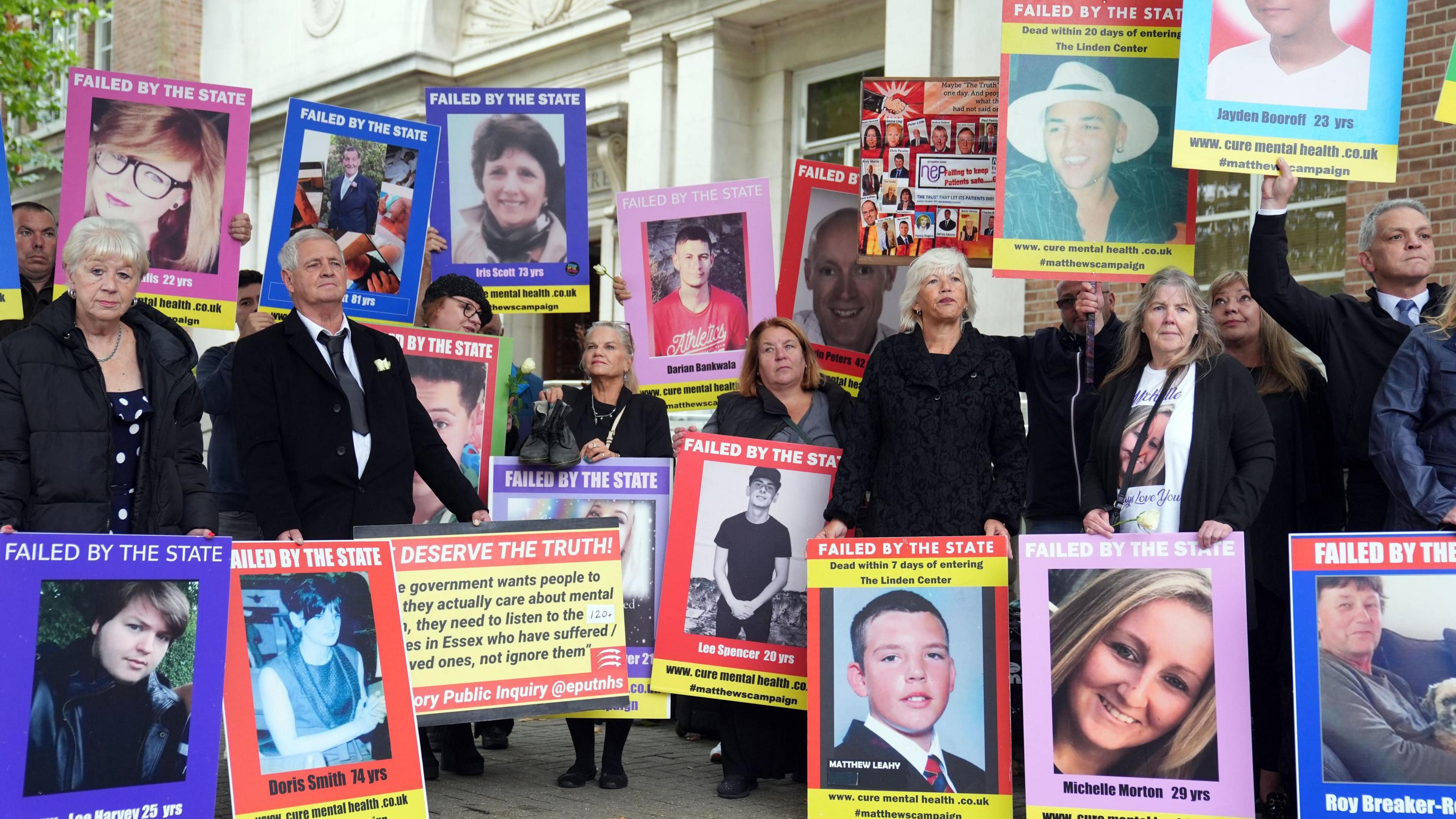
Bereaved families say they want "meaningful change" to come from the Lampard Inquiry
Ms Lewis also criticised senior management at organisations such as Essex Partnership University Trust (EPUT), which provides mental health services in the county.
"Were senior leaders in the trust aware of the significant and repeated failings?” she asked the inquiry’s chair.
"Did they purposefully hide evidence of failings from the public and from investigators?"
Ms Lewis said that "the current system for learning and implementing changes arising from inquests is not fit for purpose", adding that "many crucial recommendations are simply forgotten or dismissed".
She added that "a national oversight mechanism" was "a crucial next step in ensuring that there are no more preventable deaths".
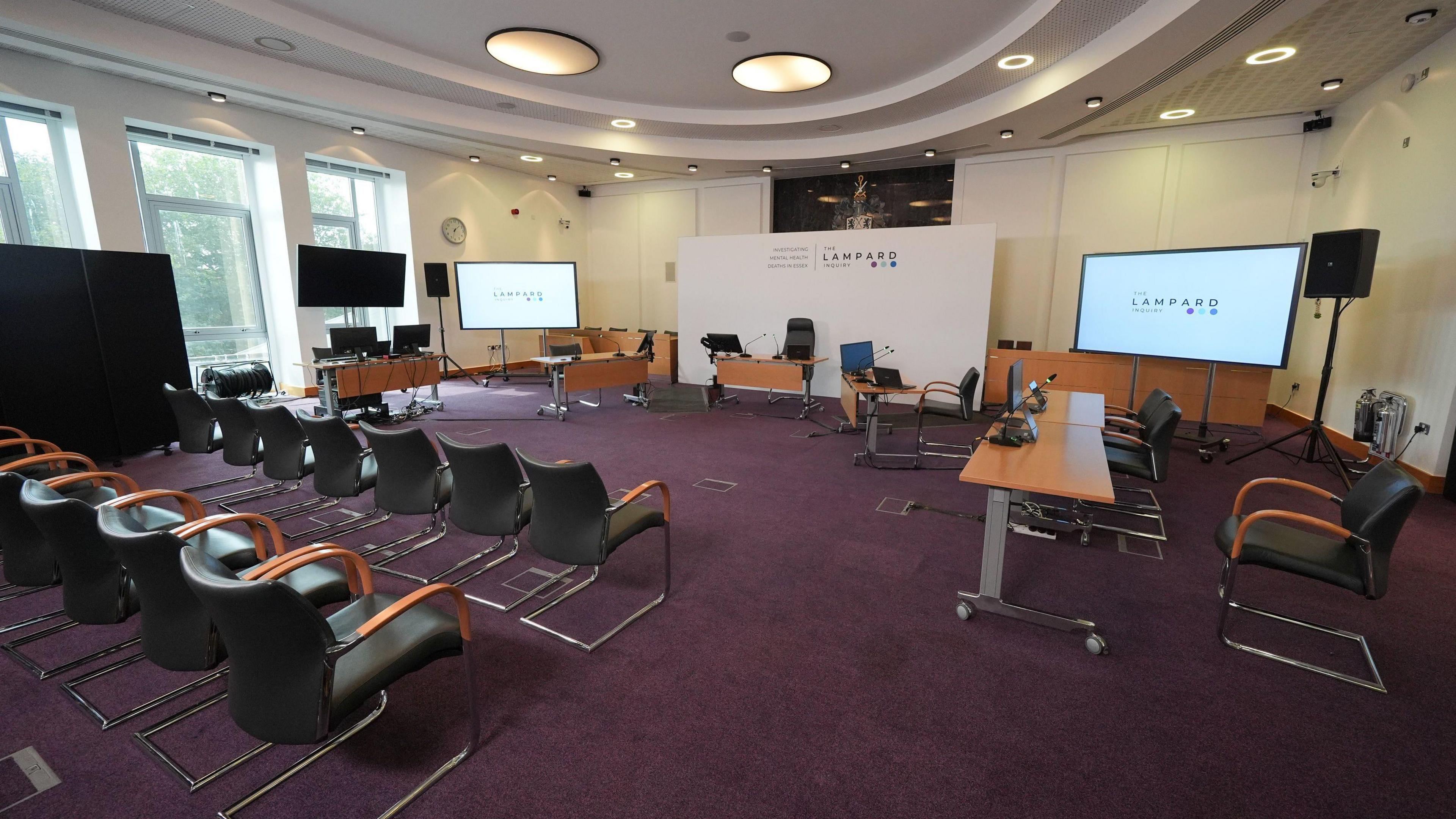
Evidence sessions at the Lampard Inquiry are due to start in 2025 and could run into the following year
The inquiry also heard from three NHS integrated care boards (ICBs), which gave their opening statements.
The ICBs were those covering Suffolk and North East Essex, Mid and South Essex, and Hertfordshire and West Essex.
ICBs are responsible for planning health services, external locally, including managing budgets and determining how much money is given to each NHS service, such as hospitals and GP services.
Speaking on behalf of all three ICBs, Zeenat Islam, of Temple Garden Chambers, told the inquiry the boards expressed their "deepest sympathy" to bereaved families.
"It is hoped the inquiry’s robust investigation will provide the answers that many have been waiting for for a long time," she said.
'Painful time'
Paul Scott, chief executive of EPUT, told the BBC in a statement: "I want to say how sorry I am to anyone who has lost a loved one or whose care has not been of the standard it should have been.
"I welcome the Lampard Inquiry and we will do all we can to support Baroness Lampard and the team to deliver the answers that families and patients are seeking.”
The inquiry is due to hear an opening statement from EPUT on Wednesday.
Bereaved families will read impact statements at the inquiry next week, with evidence sessions not due to start until 2025.
Get in touch
Do you have a story suggestion for Essex?
Follow Essex news on BBC Sounds, Facebook, external, Instagram, external and X, external.
- Published10 September 2024
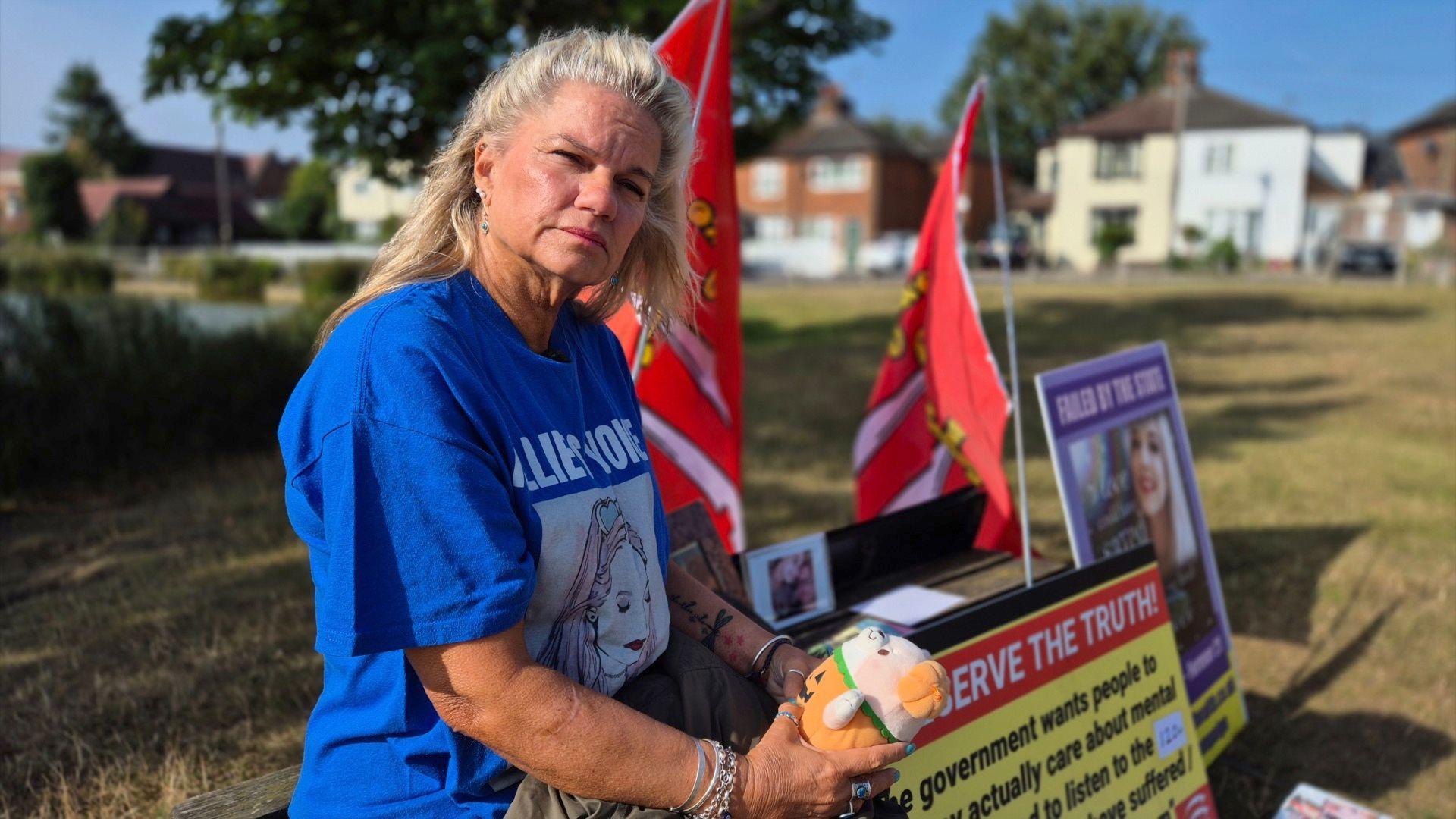
- Published9 September 2024
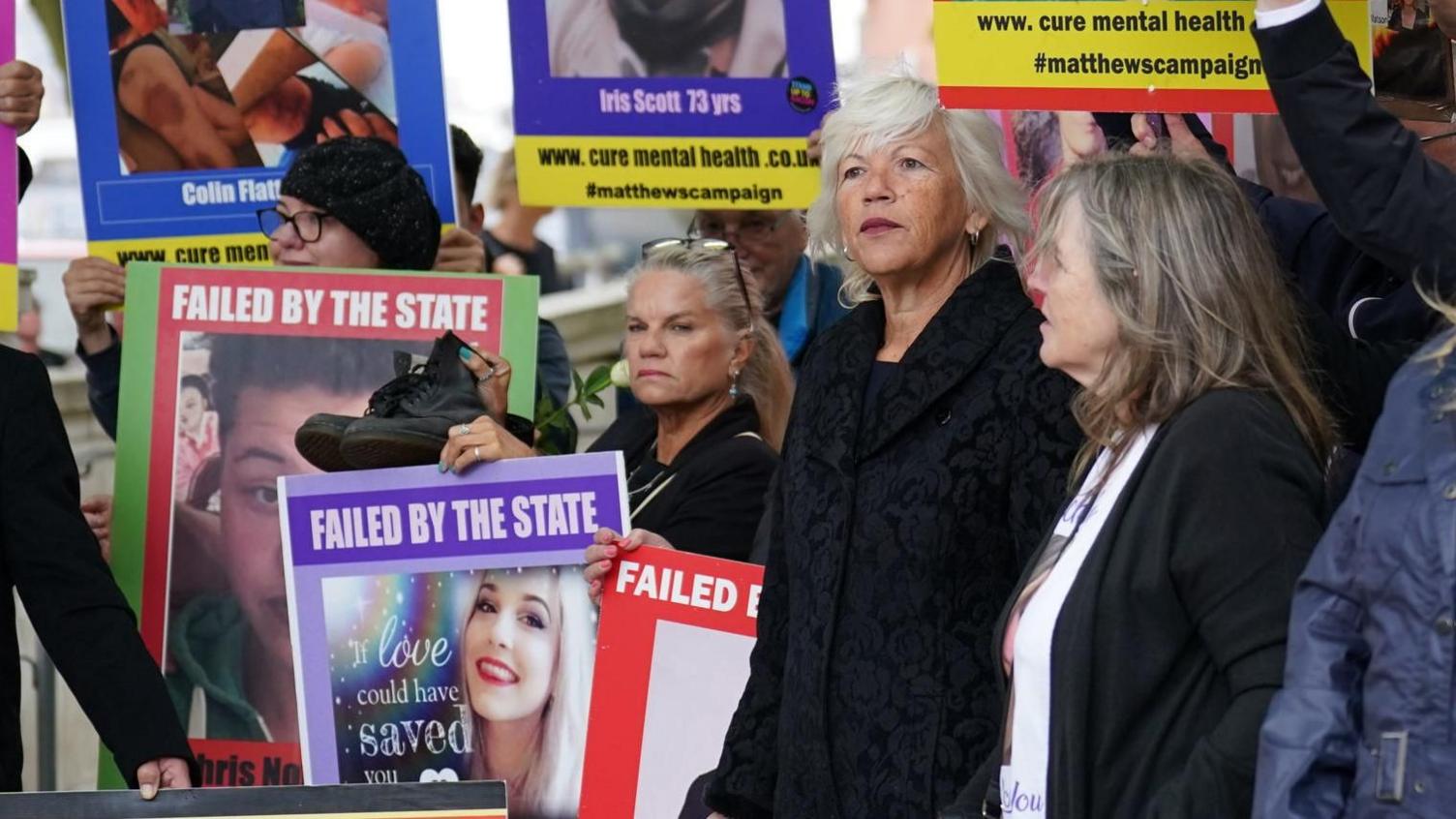
- Published28 June 2023
